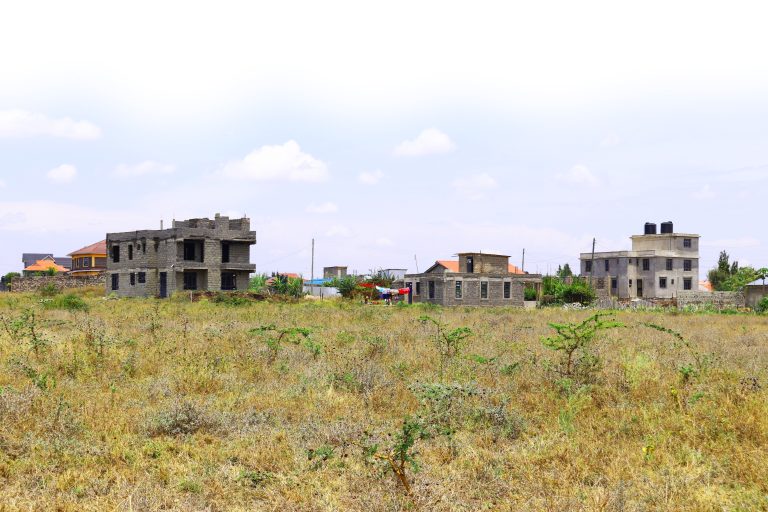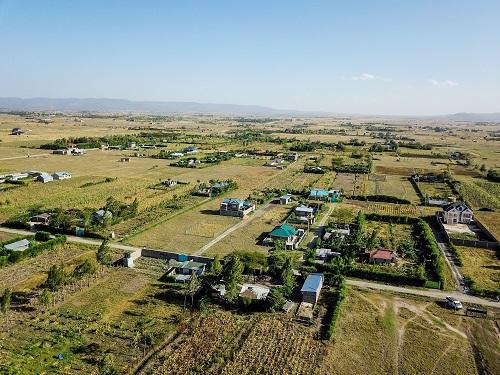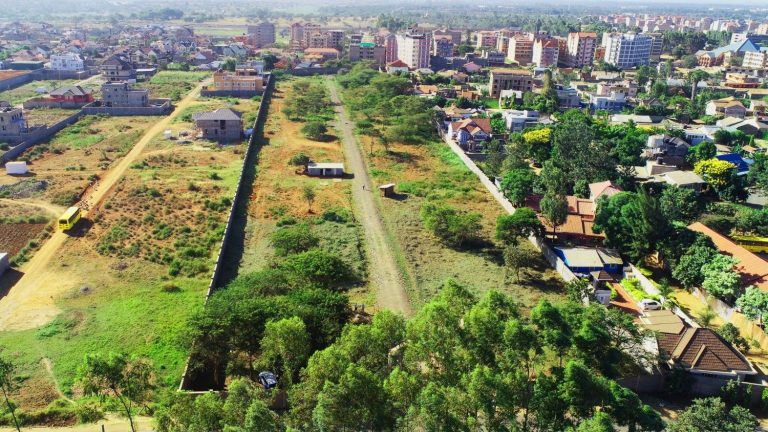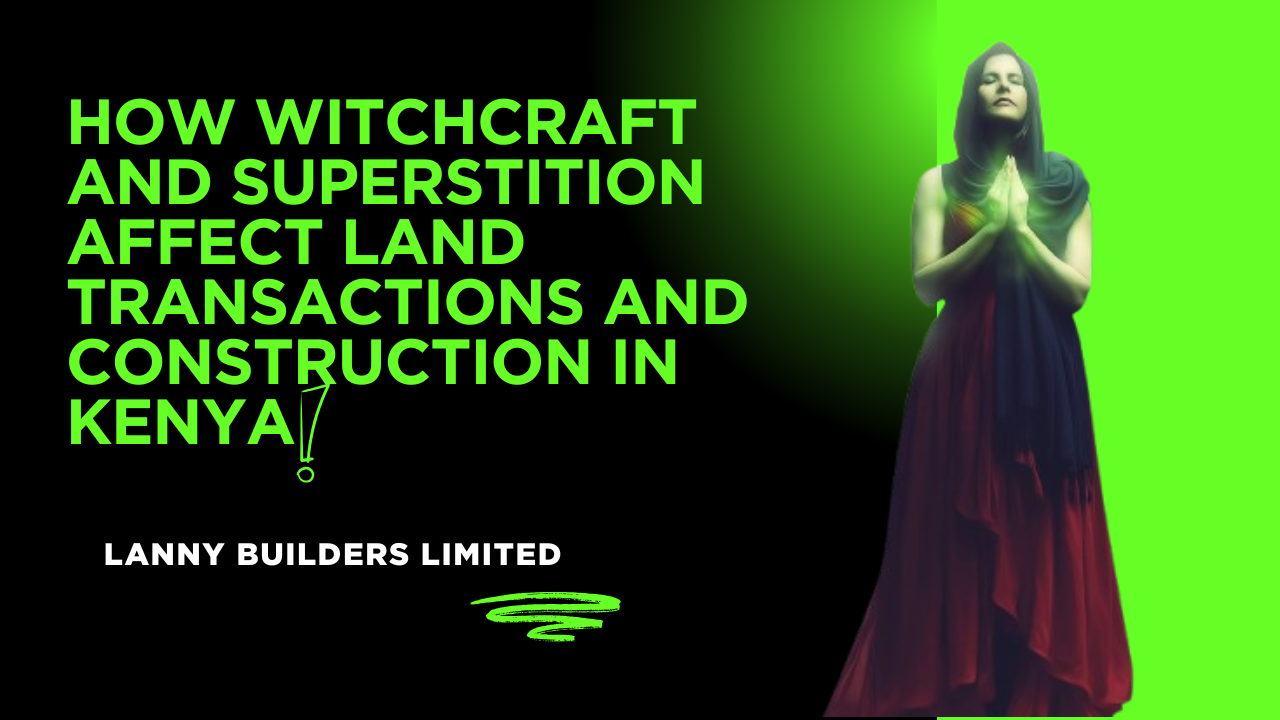Notice: Lanny Builders respects and celebrates the diversity of cultural beliefs and practices. Our articles are intended for edutainment purposes only, aiming to spark interesting discussions and insights. We do not intend to judge, criticize, or offend any individual’s or group’s sacred beliefs or practices. Our goal is to inform, educate, and entertain, while promoting understanding and respect for all perspectives.
This year 2025, the construction and real estate industry in Kenya continues to be influenced not only by market dynamics, laws, and infrastructure — but also by deeply rooted cultural beliefs. While Nairobi’s skyline rises and tech-driven housing trends spread, in many parts of Kenya, witchcraft, superstition, and spiritual fears still play a silent but powerful role in how land is sold, developed, or even abandoned.
This article explores how belief systems — both spiritual and superstitious — impact land use, construction timelines, and real estate value in Kenya today.

The “Cursed Plot” Phenomenon
Ask anyone involved in land sales in rural areas or peri-urban zones like Kitale, Kwale, or parts of Kisii, and you’ll hear stories of plots that “nobody wants to touch.”
Common claims include:
- Mysterious deaths of previous owners
- Disappearances of workers or fundis during construction
- Buildings that keep collapsing
- Land that simply refuses to sell — even at a loss
Whether or not you believe in the supernatural, these perceptions impact actual property value. A buyer walking away due to whispers of “a cursed place” is a lost deal, regardless of whether there’s any logical basis.

True Cases That Impacted Construction
- Kakamega – Stalled School Project:
A primary school building reportedly halted mid-construction after workers complained of being “pushed” by unseen forces. The community insisted the land had never been cleansed following a violent land dispute years prior. - Machakos – Abandoned Rental Units:
A landlord who hurried to develop land inherited from a controversial relative later faced tenant walkouts and strange occurrences — flickering lights, unexplained noises, and constant water leaks. Locals claimed the land was under a family curse. - Kilifi – Land Auction Collapse:
An auction for 6 acres near the coast was cancelled after bidders refused to pay. Rumors spread that the land had been involved in a ritual burial decades ago. Even brokers avoided it.
Spiritual Interventions Before Breaking Ground
In many communities, especially among the Kamba, Luo, and Kisii, spiritual cleansing rituals are considered mandatory before construction starts. This can include:
- Pouring libations (muratina, local brew) on the ground
- Slaughtering a goat or sheep as appeasement
- Calling elders to bless the site
- In some cases, consulting with a mganga (traditional healer)
Failing to do this, especially when developing on ancestral or disputed land, is believed to cause spiritual unrest — which some say manifests as misfortunes, delays, or illness.

Psychological Effects on Fundis and Tenants
Whether or not the supernatural is real, the fear of it can psychologically affect workers and tenants.
- Fundis may refuse to work late if they believe the site is haunted
- Nightguards might quit after experiencing “shadows” or hearing voices
- Tenants living in “cursed” apartments might move out if a rumor spreads
This makes managing construction timelines and maintaining occupancy harder for developers and landlords.
Should You Acknowledge or Ignore These Beliefs?
Smart developers and contractors don’t dismiss cultural beliefs, even if they’re personally skeptical. Some strategies include:
- Involving local elders before clearing land
- Not building on or near known ancestral graves
- Doing a quiet “spiritual audit” to avoid reputational risk
- Using subtle rituals like tree planting or prayers, depending on the region
Acknowledging the community’s emotional landscape can actually foster trust and make projects smoother.
The “Silent Value” of Spiritually Clean Land
Just like proximity to roads or water increases land value, the perceived spiritual cleanliness of a plot can influence buying decisions. Some buyers even offer a premium for land known to have been blessed or prayed over by church leaders or respected elders.
In urban markets like Thika and Ongata Rongai, this isn’t openly discussed, but among buyers with strong cultural ties, it’s a quiet factor.
Implications for Real Estate Agents and Developers
- Reputation Management
If a project gains a reputation for being haunted or cursed, it’s extremely hard to reverse the narrative. Even if tenants move in, fear lingers and resale becomes hard. - Marketing Strategies
Some savvy agents flip superstition into reassurance. By showcasing church blessings or featuring clergy at ground-breaking events, they ease buyer anxiety. - Due Diligence Expansion
Besides checking title deeds and zoning laws, some developers now include community consultations to avoid future spiritual friction.

Changing Beliefs in Younger Generations
Urban youth are more skeptical of superstition — but that doesn’t mean it doesn’t affect them. Many millennials and Gen Z buyers still consult parents or aunties when buying land, and those older voices often carry cultural weight.
In joint family investments or ancestral land developments, generational conflict around superstition often causes project delays or abandonment.
Final Thoughts
While Kenya races toward smart homes and AI-powered property apps, the soul of land remains sacred to many communities. Witchcraft, curses, and ancestral spirits may not be written into law or building codes, but they are etched deeply into Kenya’s cultural DNA.
Acknowledging these beliefs — without exploiting or mocking them — can be the key difference between a successful project and one that forever stays “for sale.”

Thanks for taking the time to create this.